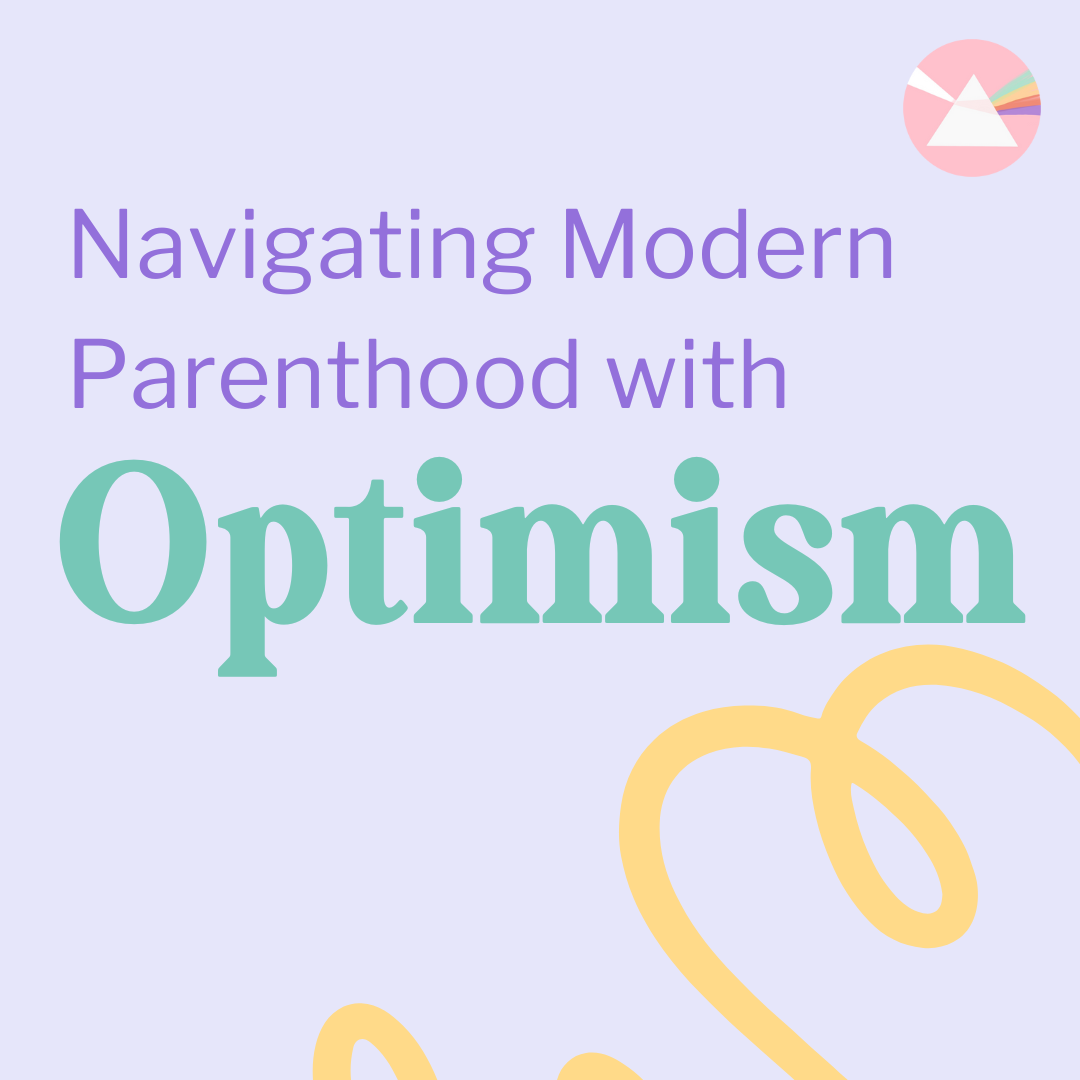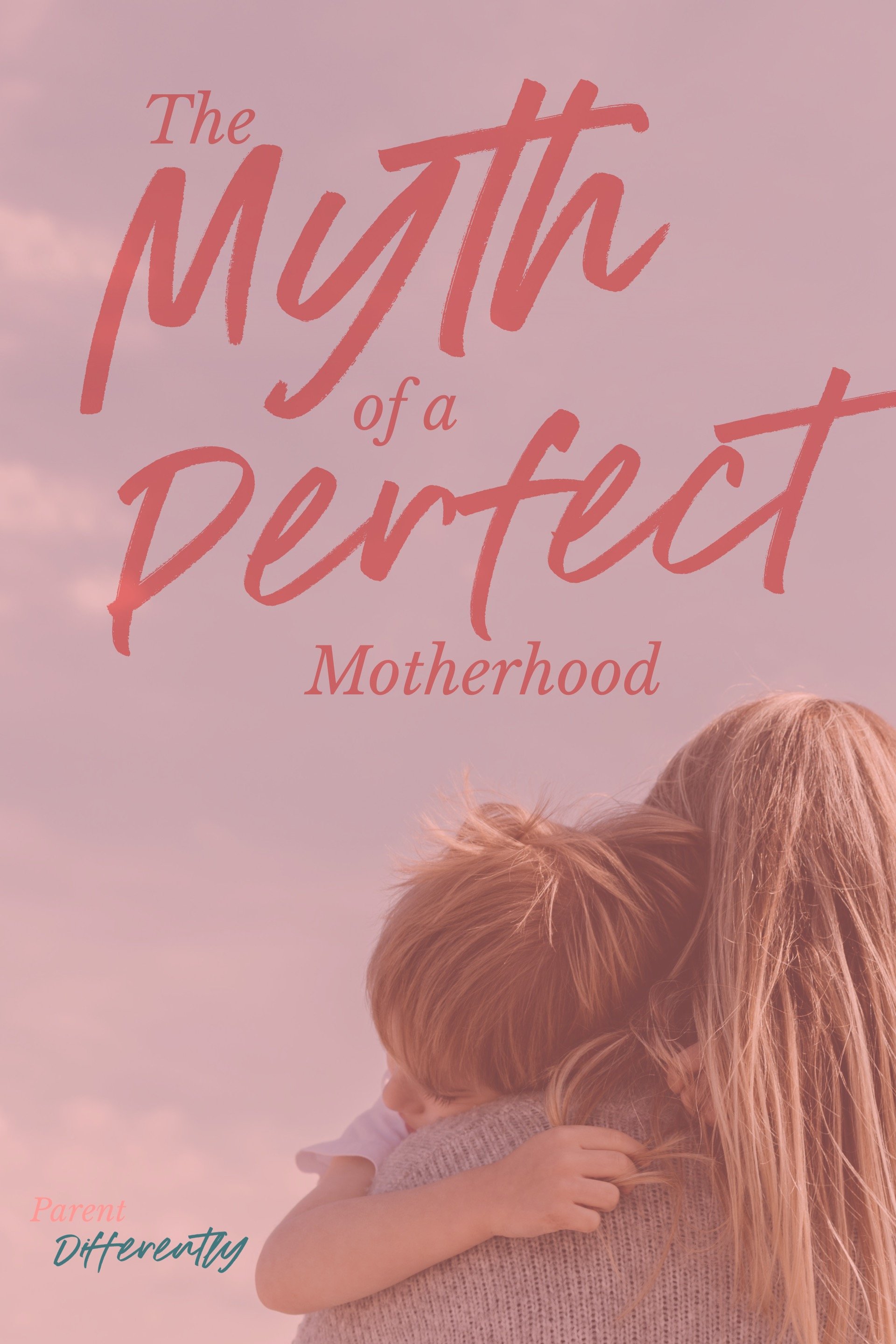Three Main Benefits of Parenting with Gratitude
Listen to the Latest Episode
Subscribe on iTunesThe Three Benefits of Parenting with Gratitude
Parenting is hard—there’s no denying it. But what if shifting your focus could make it feel more fulfilling, even joyful?
Parenting with gratitude© doesn’t just help you notice the good; it transforms the way you show up for your kids and yourself.
Here are three key benefits of parenting with gratitude©:
1. Gratitude Builds Resilience
Parenting is full of challenges, but gratitude changes the way you respond to them. When you focus on what’s working—like the small wins or moments of connection—you build emotional resilience. Gratitude strengthens your ability to bounce forward after tough days, making you more present and patient for the next while allowing you to see the skills and strengths you bring to the role.
Quick tip: At the end of each day, write down one small parenting win, even if it’s as simple as, “I made it through today.”
2. Gratitude Enhances Connection
Gratitude helps you see your child for who they are—messy emotions and all. By appreciating their unique qualities, you strengthen your bond and build mutual respect. When children feel valued, their confidence grows, and your relationship deepens. Gratitude also allows you to see all the helpers in your life–because while modern parenthood can feel lonely, there are still people in our lives that show up for us in small ways every day.
Try this: During tough moments, pause and ask yourself, “What do I appreciate about my child right now?” or “Who helped me today?”
3. Gratitude Shifts Perspective
When you focus on gratitude, the daily grind of parenting feels less like an endless to-do list and more like an opportunity for growth. Gratitude widens your perspective, helping you see challenges as part of a bigger picture instead of just frustrations.
Example: That tantrum? It’s not just a meltdown—it’s a chance to teach emotional regulation, both for your child and yourself.
Start Small: A Gratitude Practice for Parents
Parenting with gratitude doesn’t mean ignoring the hard stuff. It’s about balancing the hard moments with a purposeful practice of noticing the joy, the growth, and the small wins. Start by looking for one thing you’re grateful for each day—about your child, your partner, or even yourself. Over time, these small moments build up into a more fulfilling parenting journey.
Want to dive deeper into the benefits of gratitude? Read more here or sign up for weekly practices to bring gratitude into your daily life.
















